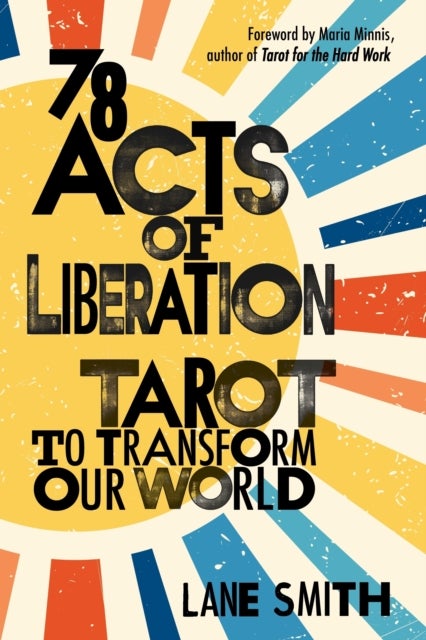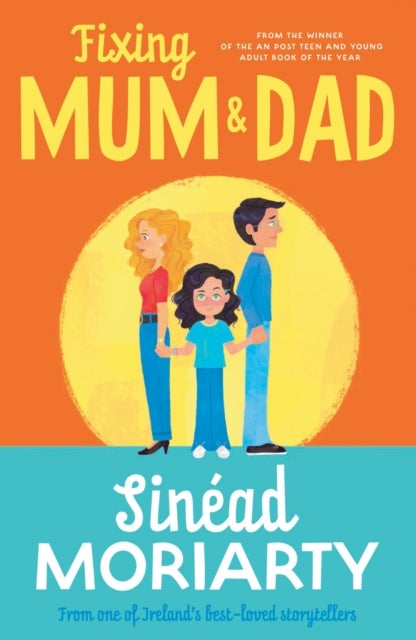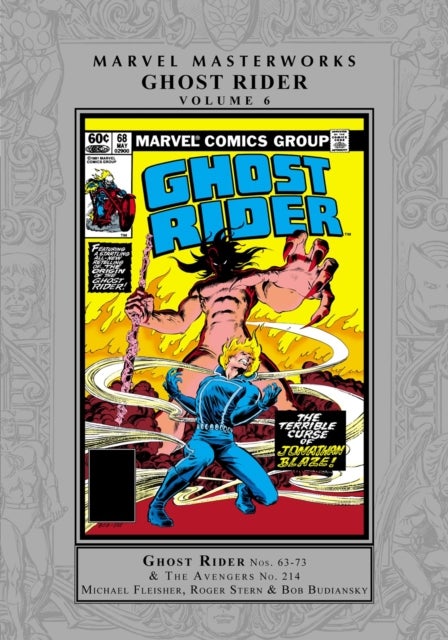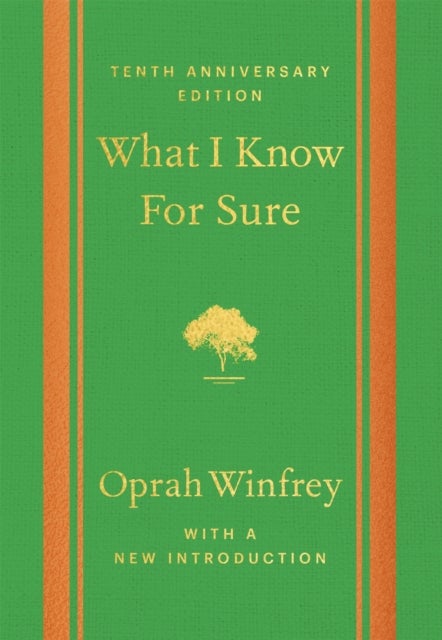
A Theology of Sense av Scott Dill
369,-
<div>Scott Dill''s <i>A Theology of Sense: John Updike, Embodiment, and Late Twentieth-Century American Literature</i> brings together theology, aesthetics, and the body, arguing that Updike, a central figure in post-1945 American literature, deeply embeds in his work questions of the body and the senses with questions of theology. Dill offers new understandings not only of the work of Updike-which is importantly being revisited since the author''s death in 2009-but also new understandings of the relationship between aesthetics, religion, and physical experience.<br><br>Dill explores Updike''s unique literary legacy in order to argue for a genuinely postsecular theory of aesthetic experience. Each chapter takes up one of the five senses and its relation to broader theoretical concerns: affect, subjectivity, ontology, ethics, and theology. While placing Updike''s work in relation to other late twentieth-century American writers, Dill explains their notions








